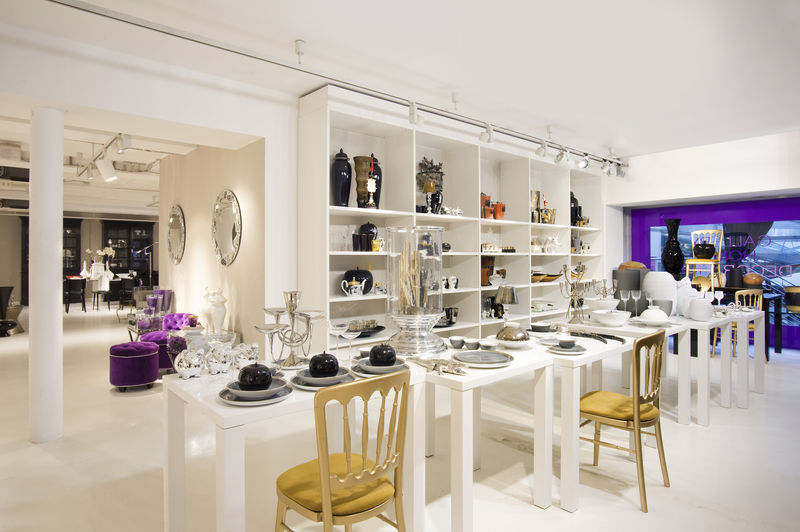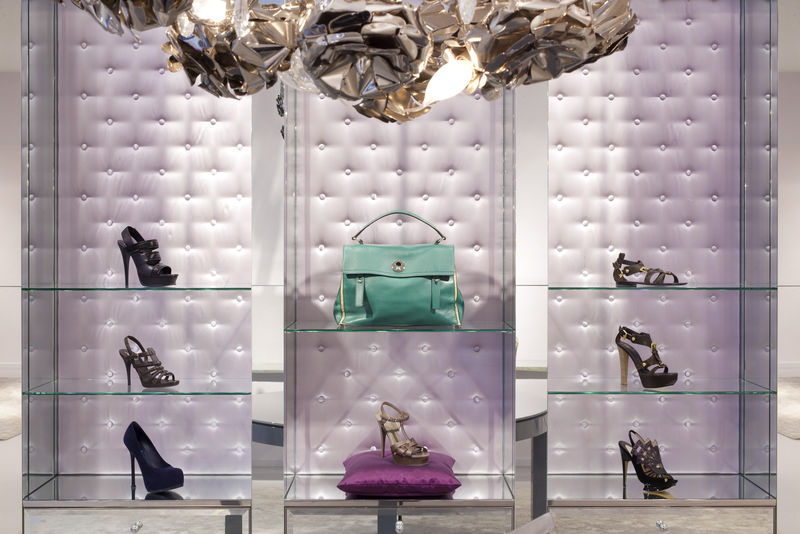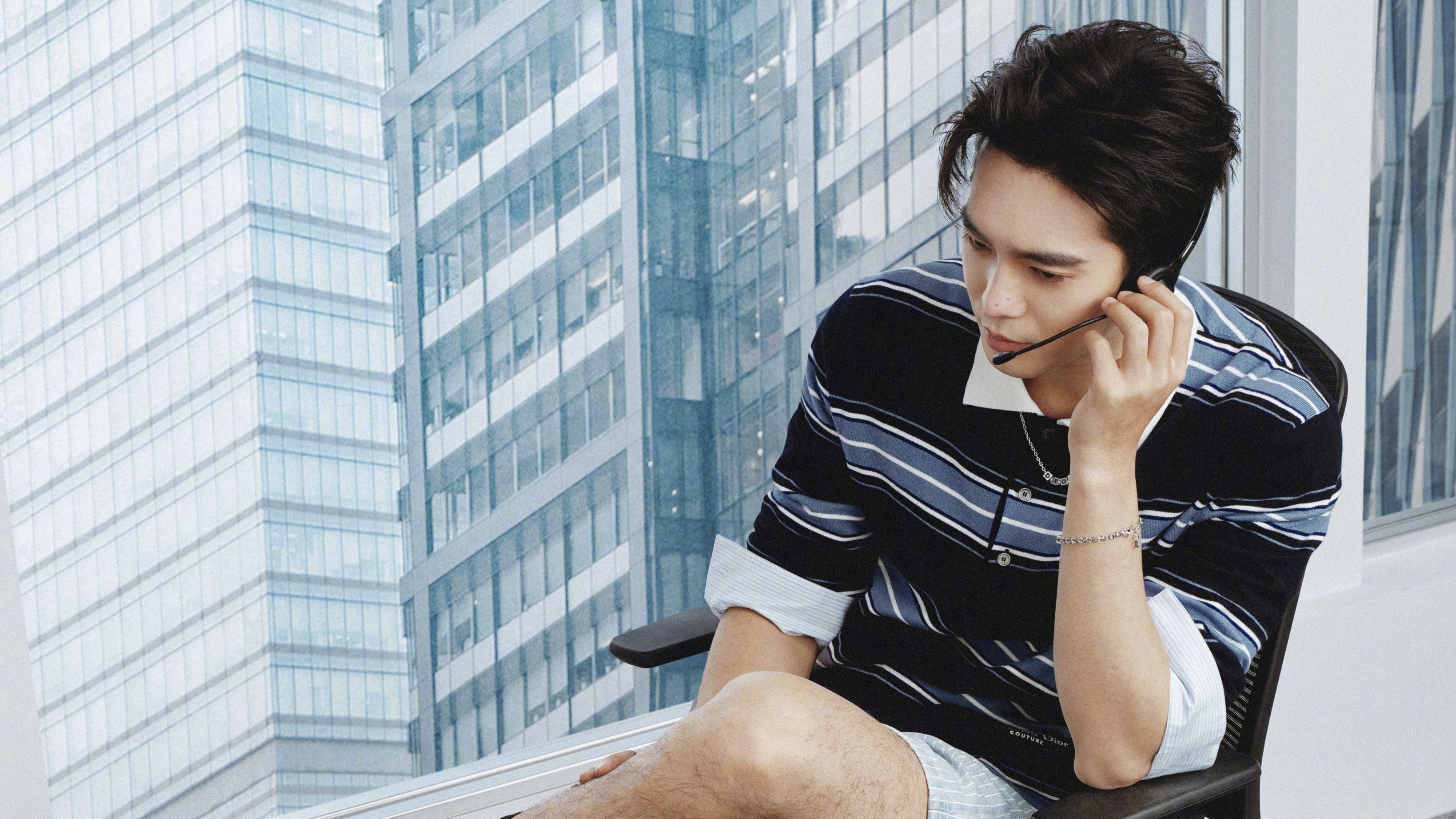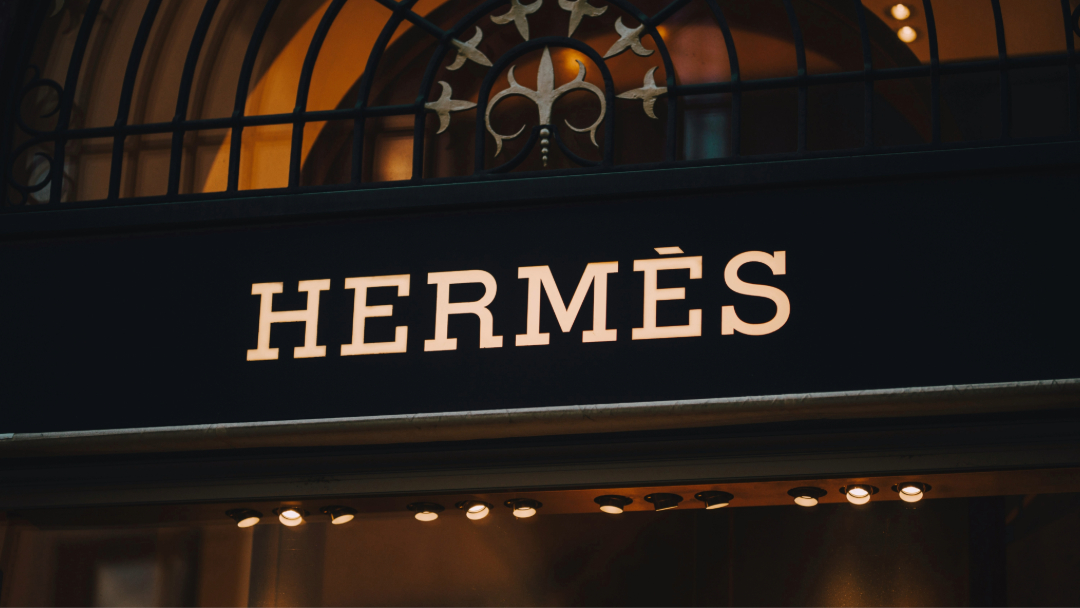
With an increasing consumer demand for transparency, retailers must go beyond profit to lead the way. Positive Luxury, in partnership with EY Beacon Institute, explore the link between luxury and purpose.
A confluence of factors has led to where we stand in the luxury market at the end of 2016, many of them driven by politics. Sustainability has changed from being merely a nice-to-have to an economic cornerstone: with the new global agenda on Sustainable Development ratified by the United Nations, new anti-slavery legislation in place on both sides of the Atlantic, and 174 nations signing up to the Paris Agreement on climate change in November last year, the world has united in demanding a better future.
Successful businesses will be the ones that can anticipate and integrate with these political and social shifts. Positive Luxury’s 2016 report, published this month, identifies the rise of a return to purpose of many traditional luxury brands, and charts the growth of newcomers to the market who are thriving by sticking to their principles. Old or new, all these businesses have, as our report co-authors EY Beacon Institute define it, “an aspirational reason for being that is grounded in humanity and inspires action.”

Why this focus on purpose for 2016?
Purpose, by definition, is a core reason for existing. For luxury retailers, this purpose can no longer be a single-minded pursuit of profit if they are to survive in today’s environment.
"By leading with purpose, businesses are stronger and more sustainable in their practices and their bottom lines."
Doctors report that people with purpose in their lives are less prone to disease and live longer, happier lives. The same logic applies to companies – by leading with purpose, businesses are stronger and more sustainable in their practices and their bottom lines.
New businesses and brands are often naturally driven by purpose, as their products try and meet a pressing need, solve a problem, or seize a new market. Established brands and retailers looking to keep up and future-proof their operations will find combining purpose and sustainability vital, too.
Luxury occupies a retail space fraught with expectation. Consumers demand a lot for their money. The modern luxury audience is intelligent and curious, and increasingly uninterested in attaining status from a price tag. Instead, we have found that luxury consumers demand integrity and a narrative to their brands.
Fortunately, these new signifiers of luxury offer a wealth of opportunity for established businesses. Many global luxury retailers started out as simple, one-note artisans with incredible purpose: to create a perfect watch or coat, say, often in testing or limited circumstances. Going back to and understanding these origins – upholding the values a brand started out with – is key to attracting, and retaining, the next generation of customers.

Why?
Because shoppers are becoming increasingly fluent and adept at sensing and responding to how brands conduct themselves. Research show that 45% of people say their trust in a business increases if they believe it has contributed to the greater good (Edelman Trust Barometer 2016). The majority of those surveyed, 80%, believe companies can take specific actions which both increase profits and improve the social or economic conditions of the community.
Generation X and millennials in particular expect greater social responsibility from brands. Mintel research, for example, found that 51% of consumers believe they should boycott retailers that act unethically. At the societal level, the trust deficit could have far-reaching implications for business’ license to operate.
And so we believe building trust is the cornerstone of a successful brand. Positive Luxury’s own research for this report – one-to-one interviews with key influencers, opinion formers, industry experts, CMOs, CEOs and executives across a broad section of the retail industry – showed that earning consumer trust was a central concern to almost everyone in a senior position.
“We’re witnessing an awakening of socially conscious consumers who are also increasingly expecting retailers to reflect their own values and contribution to society,” said Sonja Healy, founder of British fashion e-tailer Supernomad. “With media coverage on questionable practices of many prominent retailers with regards to living wages, zero hour contracts, aggressive tax minimisation and their behaviour towards suppliers, more consumers are now starting to realise they can have a positive impact in this by taking their business elsewhere.”
Tania McNab, founder of fine jewellery e-tailer La Maison Couture agreed. “Consumers are becoming more discerning about the heritage and integrity of brands products in the luxury marketplace,” she told us. “Consumers are becoming more aware and more concerned about the provenance of materials, such as gold and diamonds and the social conditions under which a company operates.”
True purpose is not a bolt-on marketing technique, or a branding concept: it is about how a company conducts itself. Purpose-led companies with a clear philosophy and an eye on the long term, brands that can nurture stakeholder relationships and contribute something to society, are best placed to succeed in a world of near perpetual revolution. As everything changes, it’s those who know themselves who remain constant. The luxury industry’s winners will be the businesses that understand how to embrace this.










